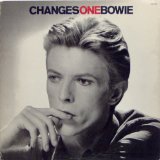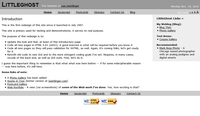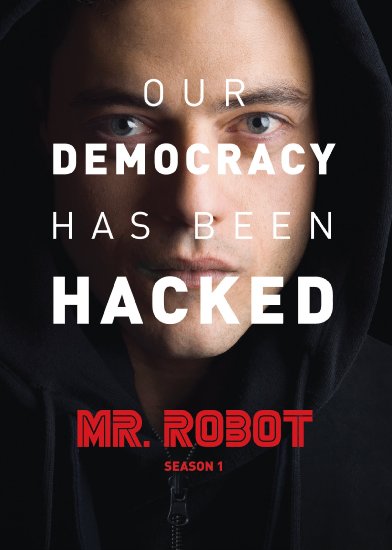 I had heard a lot of the first season of the TV series “Mr. Robot,” so I finally ordered it so I’d receive it on its street date, Jan. 12, 2016 (via Amazon Prime, natch).
I had heard a lot of the first season of the TV series “Mr. Robot,” so I finally ordered it so I’d receive it on its street date, Jan. 12, 2016 (via Amazon Prime, natch).
I’ve only watched the first three episodes, and they are all so good and so dense that I’ll probably watch them again before watching the rest.
The story is told from a techie’s point of view – a “new to me” Rami Malek playing Elliot – who has virtually no social skills; it’s narrated in part by his voice.
The crux of the story – without spoilers – is that an anarchist, Mr. Robot (Christian Slater, who is great and having the time of his life with this role), convinces Elliot to help him hack the Evil Corp. The twist is that Elliot works for a security firm, AllSafe, that helps Evil Corp. and other corporations stay secure.
Elliot is also a (very careful) druggie, and between the meds and the other damages he’s incurred in life, you wonder just how much of what he sees (Evil Corp? Really? But it’s actually on signs.) and says is all in his head. What’s real and what’s not? Does Mr. Robot (a name never mentioned, just an embroidered decal on Slater’s shirt) even exist, or is he a coping mechanism Elliot has created to help him rationalize his hacking?
Again, this is just after three episodes (the first was put up on the web before the DVD streeted [before the series started?], and is a full hour long – the others are the standard hour show length sans commercials, about 40-44 minutes).
A lot of the tech in the show is pretty much spot on, which is unusual in a TV show. Some of it is a little forced, so the non-techies can sorta understand something that’s important to the plot. However, there is a fair amount of command line syntax spooling out on the screen with the narrator’s voice (Elliot’s) explaining the commands for those not UNIX versed.
So it works.
Rami Malek is a revelation here: Both his acting and voice-overs portray a damaged, extremely introverted individual who pretty much lives day to day – no big thoughts of the future. At the same time, he’s very protective – to an almost dangerous degree – of those few he does care about. He’s already won a couple of Best Actor awards for the first season, and I’m betting there will be more to come.
One of the downsides of the show is the muddied sound. There is a lot of music and sound effects, and sometimes the narration is muffled by the other sounds/music, so you have to crank up the volume to hear the narration, and then the music overwhelms.
This may be intentional, to somewhat illustrate the dissonance in Elliot’s head. But it’s the big negative thus far.
One of the details most people will probably miss is the naming convention of each episode.
Many shows have a formulaic way of naming episodes – “Friends” was “The one ______” (“The one where everyone finds out,” “The one with all the Thanksgivings”). For “Scrubs,” it was “My _____” (“My philosophy,” “My dirty secret”).
For “Mr. Robot,” the episode titles are like computer file names:
- eps1.1_ones-and-zer0es.mpeg – Season One, Episode One, “Ones and Zeroes” is the actual title.
- eps1.2_d3bug.mkv – Season One, Episode Two, “Debug” is the actual title.
There is a certain playfulness in the episode titles, as well. The file extensions (after the “dot” [.]) are real file extensions, but don’t seem to have anything to do with the episode.
Also, the file names do substitutions like many do to make passwords harder to crack – Instead of “debug,” you turn the e into 3: “d3bug” that reads in a similar manner, but harder to crack.
Also, the pilot episode is Episode Zero (eps1.0_hellofriend.mov), and “Hello Friend” is an homage to how many write a first program in a new language, by getting the program to echo out (to screen or file) “Hello world.”
So that’s fun, as well.
Again – this is just three episodes in.
I can’t wait to re-watch the three and then watch the rest (only 10 episodes total).
Update 2/2/2016: Watched the entire first season over the weekend (including re-watching the first three episodes), and it’s as good a year of television as I’ve seen. Sure, there are some weak moments, but – overall – extremely strong. And there more than a couple of twists, one of which I saw coming and one of which I totally didn’t anticipate. Dense writing. Note – very dark and very tech heavy. Don’t like either? Might want to give it a pass. I honestly don’t know where they will go in Season Two, but I said the same thing after watching Season One of Damages, and that show did the tightrope act for five solid years. Can’t wait to see what Mr. Robot brings to the table next season.











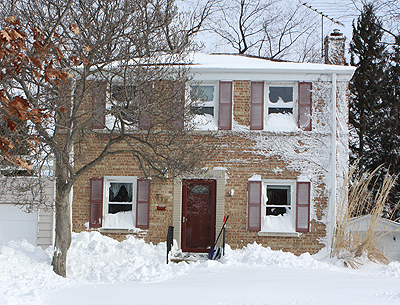
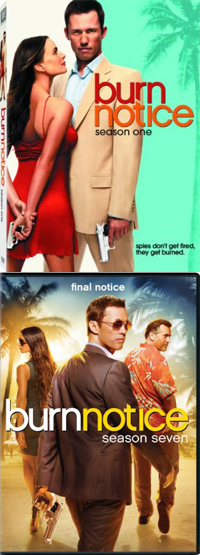 I spent parts of the last several weekends binge-watching (from the library’s DVDs) Burn Notice.
I spent parts of the last several weekends binge-watching (from the library’s DVDs) Burn Notice.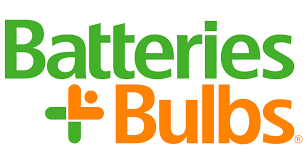 While I don’t believe we’ve come anywhere near the long-promised paperless society, one of the milestones that accompanies our always-connected and mobile society is the lack of cords: Fewer cords is good, but we are now slaves to our devices’ batteries.
While I don’t believe we’ve come anywhere near the long-promised paperless society, one of the milestones that accompanies our always-connected and mobile society is the lack of cords: Fewer cords is good, but we are now slaves to our devices’ batteries.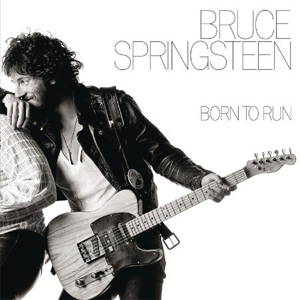 I recently ran across an article that Rolling Stone has on their web site,
I recently ran across an article that Rolling Stone has on their web site,  I had heard a lot of the first season of the TV series “Mr. Robot,” so I finally ordered it so I’d receive it on its street date, Jan. 12, 2016 (via Amazon Prime, natch).
I had heard a lot of the first season of the TV series “Mr. Robot,” so I finally ordered it so I’d receive it on its street date, Jan. 12, 2016 (via Amazon Prime, natch).